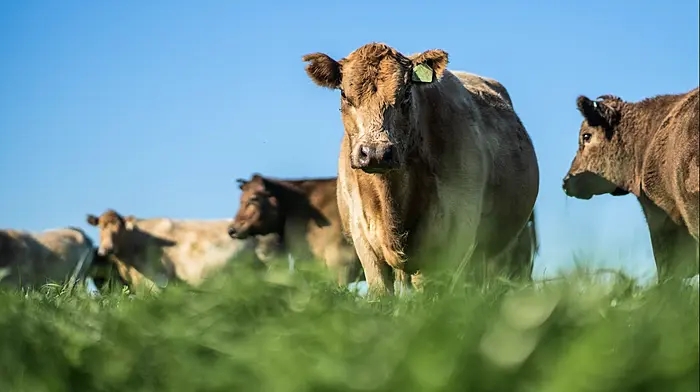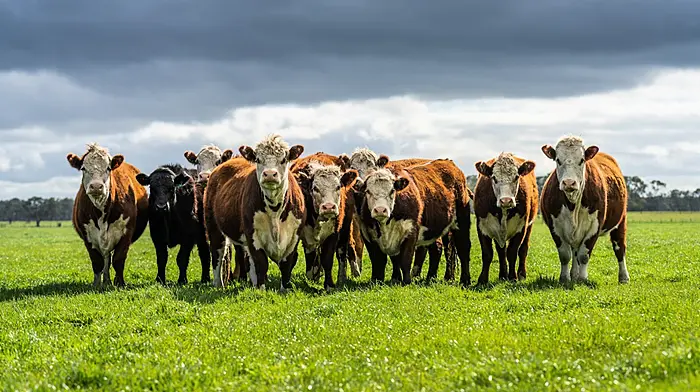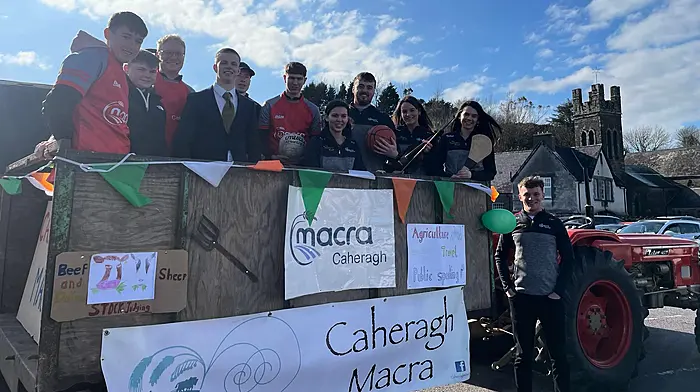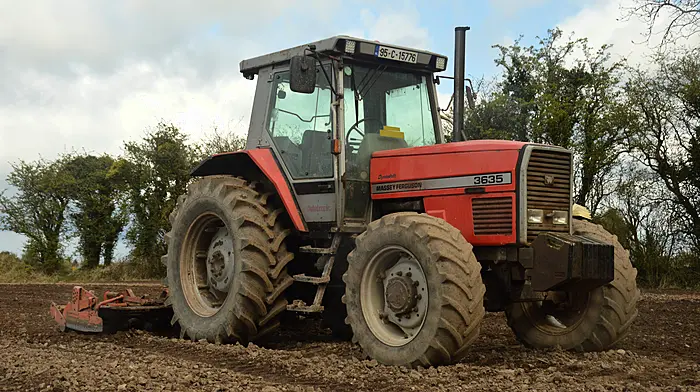THERE are number of changes that will impact on the farming community as a result of Budget 2022, some welcome and some not so much.
Young Trained Farmer Relief reduces the rate of stamp duty on agricultural land and buildings to nil where the person receiving the land is a ‘young trained farmer (YTF).’
The stamp duty rate would otherwise be 7.5% or (in certain cases where the transfer is between relatives) 1%.
An individual under 35 years of age who holds a Green Cert will generally be considered a YTF.
There are certain other requirements before the relief can be claimed, such as:
The YTF intends to retain and farm the land for the five years post transfer and spend at least 50% of his or her working time (generally considered to be 20 hours per week) farming the land; the YTF must submit a business plan to Teagasc in advance of the transfer; and the YTF is becoming head of that holding for the first time.
This valuable relief was due to expire at the end of this year but has been extended to transfers executed on or before December 31st 2022.
Enhanced stock relief has been extended to the same date. This allows a YTF to claim 100% of the increase in value of his or her stock as an income tax deduction against his or her farming profits in a tax year, subject to a limit of €40,000 in tax savings in any year.
Both reliefs are considered state aid for the purposes of EU law. The combined maximum amount of State aid available to a YTF between all such schemes is €70,000 in that farmer’s lifetime. The minister was not in a position at this time to extend these reliefs beyond 2022 due to the expiry of the current agriculture block exemption regulation. It is expected that the new EU Regulation will allow for an identical or at least similar reliefs in 2023.
In a less welcome amendment, from January 1st 2022, the farmers’ flat rate addition will decrease from 5.6% to 5.5%.
A farmer who is not Vat registered is not entitled to an input credit for most farm expenses. The addition is intended to compensate those farmers for the Vat paid on goods and services purchased by them in connection with their farming activities.
In our experience, the flat-rate addition is generally fair compensation to the dairy, pig and poultry farmer. It is generally not a fair compensation for the tillage farmer and hence many choose to register for Vat.
The Finance Bill has changed how the gift element of an interest-free loan is calculated for Capital Acquisitions Tax (CAT or ‘Gift Tax’) purposes.
The ‘interest foregone’ by the lender is deemed to be a gift to the borrower in each year that the loan remains outstanding.
The gift element had in practice, and according to Revenue guidance, been calculated according to the best available deposit interest rates on the market. As deposit interest rates have become almost non-existent in recent years, there has generally been no taxable gift element to an interest-free loan and so no CAT payable by the borrower. This calculation will now be based on the best available rate of interest on borrowing an equivalent amount.
We await Revenue’s interpretation of this provision as there is a wide range in the potential rates with the lowest unsecured loan rate at around 6%, and the lowest fixed mortgage rates at around 2%.
As drafted, this provision will apply to existing loans.
We await the publication, probably towards the end of the year, of the Finance Act to confirm the implementation of these proposed amendments and potentially other amendments.
• Michael Fitzgerald is a member of the FDC Tax Dept Ltd.










